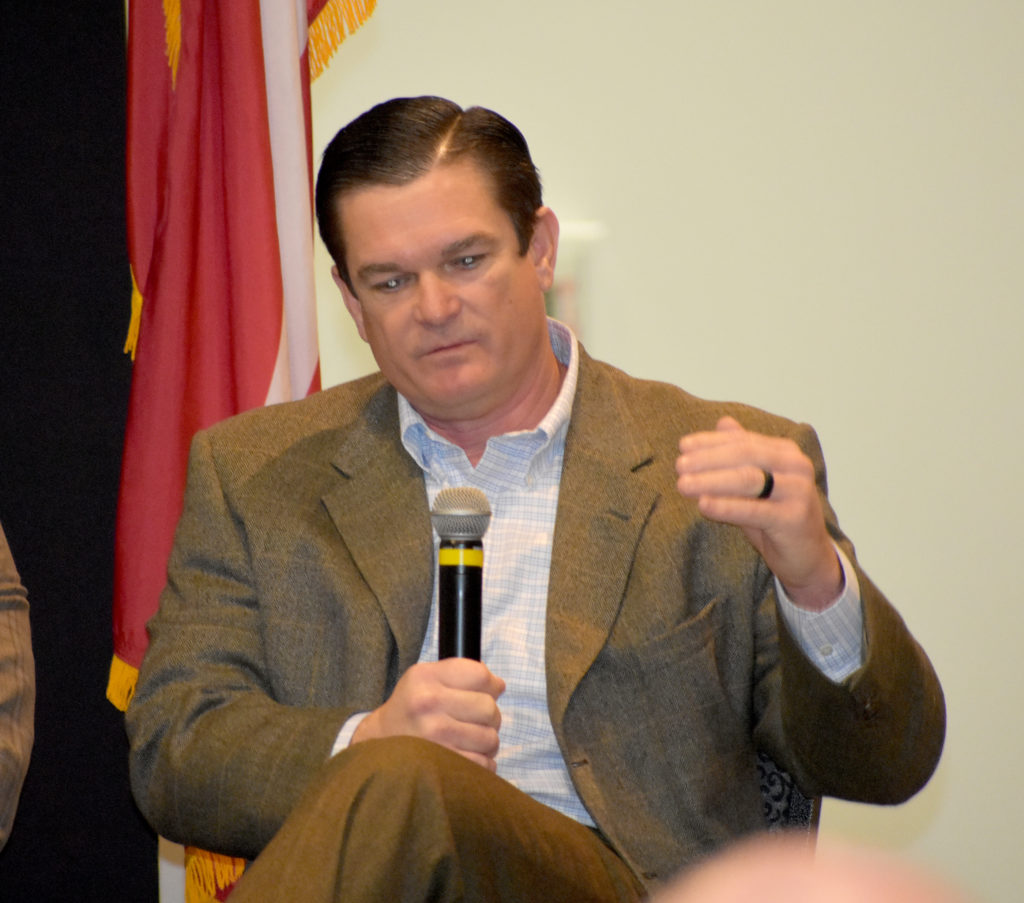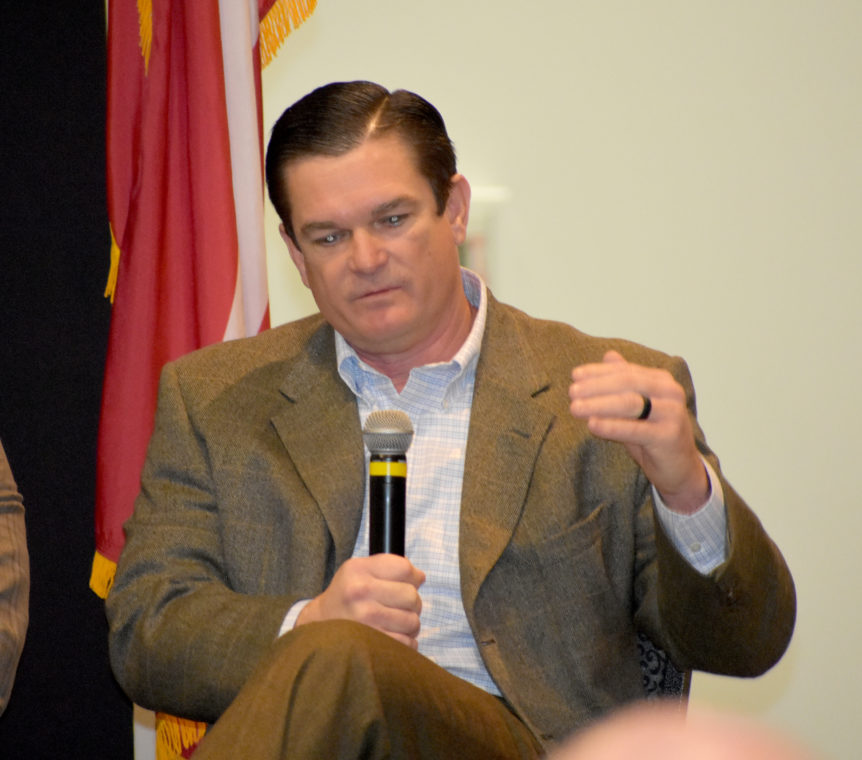By Clint Thompson
More emphasis should be placed on risk mitigation in the next farm bill, believes U.S. Representative Austin Scott (R-GA). He discussed the farm bill and the support needed for specialty crop growers at the University of Georgia Ag Forecast meeting on Jan. 26.

“While we have projected to be a $1.5 trillion farm bill, the largest in the history of the country, risk mitigation for production agriculture and our farmers is less than 10% of that. Over 80% of the farm bill spending is projected to go to SNAP or other type of food benefit,” Scott said. “We have lost the bipartisanship in Congress that has allowed us to adopt legislation that was good for production agriculture, and at the same time, helped Americans who needed some assistance at the grocery store.
“I personally believe that if you’re an able-bodied working adult and you choose not to work, your grocery bill should not be an expense on the U.S. taxpayer. Yet, I’m facing a situation where we as republicans have a two-seat margin in the House of Representatives and the democrats control the Senate, I have about 30 republicans that signed a letter that pledged to vote against the farm bill if there was any increase at all in reference prices.”
Assistance Required
Scott cautions those in leadership the risk they run of not providing more assistance to growers producing this country’s food.
“We in Washington have got to find, and it’s got to be done in a bipartisan way, the language and the dollars to put into risk mitigation for production agriculture or we’re going to continue to have fewer and fewer and fewer farmers,” Scott said.
“Let’s not forget, 90% of the food supply in this country comes from less than 10% of the farms. I’m all for helping beginning, young and small farmers, but from the standpoint of production agriculture and putting the food on the shelf at the grocery store, you’ve got to take care of the producers that are producing 90% of the food supply in this country.”










